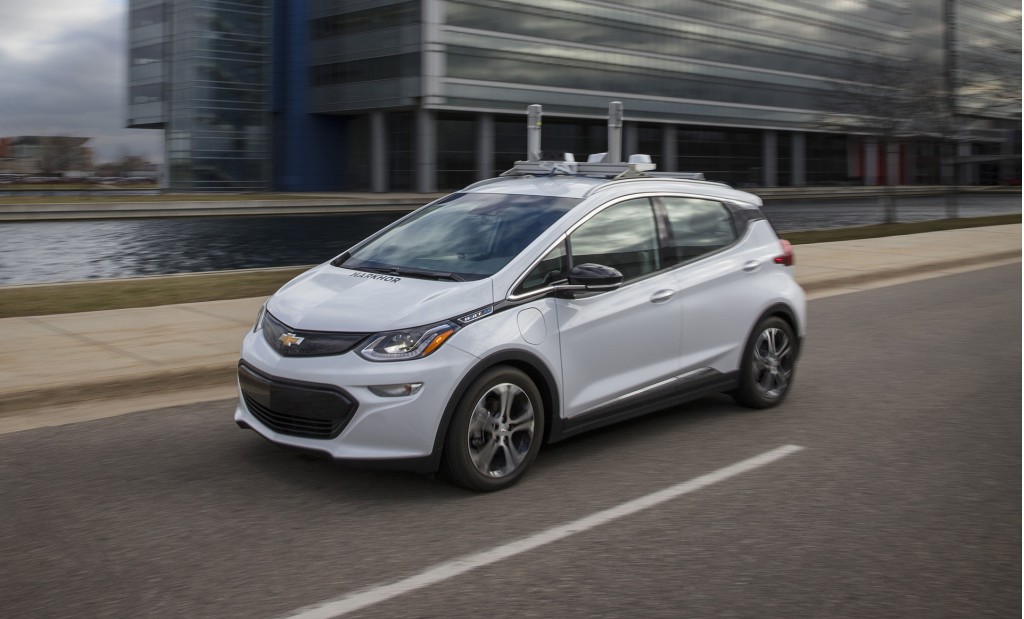In a future with autonomous cars, batteries must be more resilient to operate constantly and serve multiple masters.
That's Akira Yoshino's belief. He's the man who invented the lithium-ion prototype battery in 1985. Yoshino told Bloomberg in a report published last Wednesday that future batteries must be able to withstand the daunting task of operating more often. His belief assumes future self-driving electric cars will fall under a shared umbrella for users as the personal ownership model begins to decline.
Chevrolet Bolt EV self-driving prototype
“A car shared by 10 people means it will be running 10 times more,” he said. He noted that durability may become more important than a battery's outright power or range. That durability will arise from new and more advanced materials. Engineers will need to employ materials that can withstand the constant expansion and contraction of the battery as it operates. Yoshino added it will likely become easier to achieve durability as the need for greater energy density—a factor that provides longer driving ranges—subsides.
Ultimately, Yoshino's theory rests in a projected outlook for the automotive industry in general. Engineers won't know exactly what factors will be most important until electric cars truly become more attainable and adopted by the mass market.
“Cars are a completely new application, and we’ll have to wait until we find out what kind of batteries will really be needed," he said.
Thus far, his theory seems realistic. Numerous automakers have announced plans to electrify vehicle portfolios, and mobility services mark a new frontier for automakers in the near future.
One type of battery that shows promise is the solid-state battery, which may clear the automotive hurdle for longer ranges and faster charging.